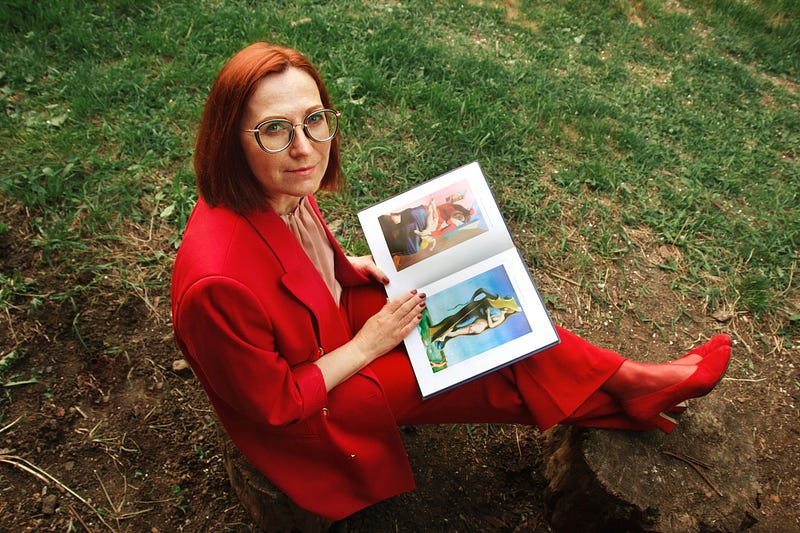We Need Storytelling Alongside Science: The Power of Personal Narratives
Written on
Chapter 1: The Limitations of Science
Science, in its current form, does not encompass all the answers we seek.

Photo by Maria Lupan on Unsplash
Let me share a thought that I hope resonates with you: The most profound experiences often occur within us when nothing seems to take place externally. One of the most impactful actions I can undertake is to remain still and observe.
While I won’t delve into scientific theories regarding this, my personal experience validates its significance. This is not to undermine the importance of research, data, and statistics; they provide us with a broader perspective on collective human experiences that we otherwise might miss.
However, we must recognize that data-driven conclusions and scientific inquiry cannot serve as our sole sources of truth. Dismissing personal experiences that lack scientific validation would undermine and invalidate the feelings of countless individuals who may never have the opportunity for their experiences to be studied. This perspective also overlooks the inherent limitations of science, which is ultimately a construct shaped by finite human understanding.
Section 1.1: Rethinking Certainty
We often conflate probability with certainty, and it's crucial to adjust our thinking to harness this distinction to our advantage.
Chapter 2: Embracing Personal Narratives
So, if science is not the only avenue for truth, where else can we turn? The answer is straightforward: we need to create space for personal narratives as legitimate forms of knowledge. For instance, when an elderly woman shares that she converses with Mother Mary during the night, who am I to refute her experience? What gives me the authority to question her reality? While I might ponder how such an experience manifests—whether it's a mental construct or tied to some objective reality—this inquiry should not lead me to dismiss her account outright. Just because I lack a scientific explanation does not render her experience invalid.
A significant amount of disrespect in today’s society arises from this confusion. When we cannot comprehend something, we often choose to disregard it. This tendency applies not only to mystical experiences that clash with established scientific principles but also to the political and ideological divides that prevent us from understanding differing viewpoints. Consequently, individuals often dismiss others entirely rather than engaging with their perspectives.
Section 2.1: The Power of Respecting Stories
If we fostered a culture of respect for personal narratives, we would be less surprised by differing opinions. A liberal, for instance, would not be taken aback by a conservative's beliefs if they understood and respected the story behind those beliefs. Understanding the experiences that shape a person’s views—such as their upbringing, cultural context, and influential educators—can help bridge the gap in understanding.
Subsection 2.1.1: The Nature of Truth in Storytelling
Stories serve as powerful vessels of truth. While they may not represent objective reality, they encapsulate the personal truths of those who share them. They help us navigate and make sense of our lives and exert a tangible influence on the world around us.
If we acknowledge this, we must also recognize that the stories we tell are integral to the reality we collaboratively create. This means we need to listen to these narratives alongside the data-driven insights.
When I express that, for me, the most significant experiences arise within when I remain still, I ask you to accept this as truth—not because it has been validated by a prominent neuroscientist, but simply because it reflects my lived experience.